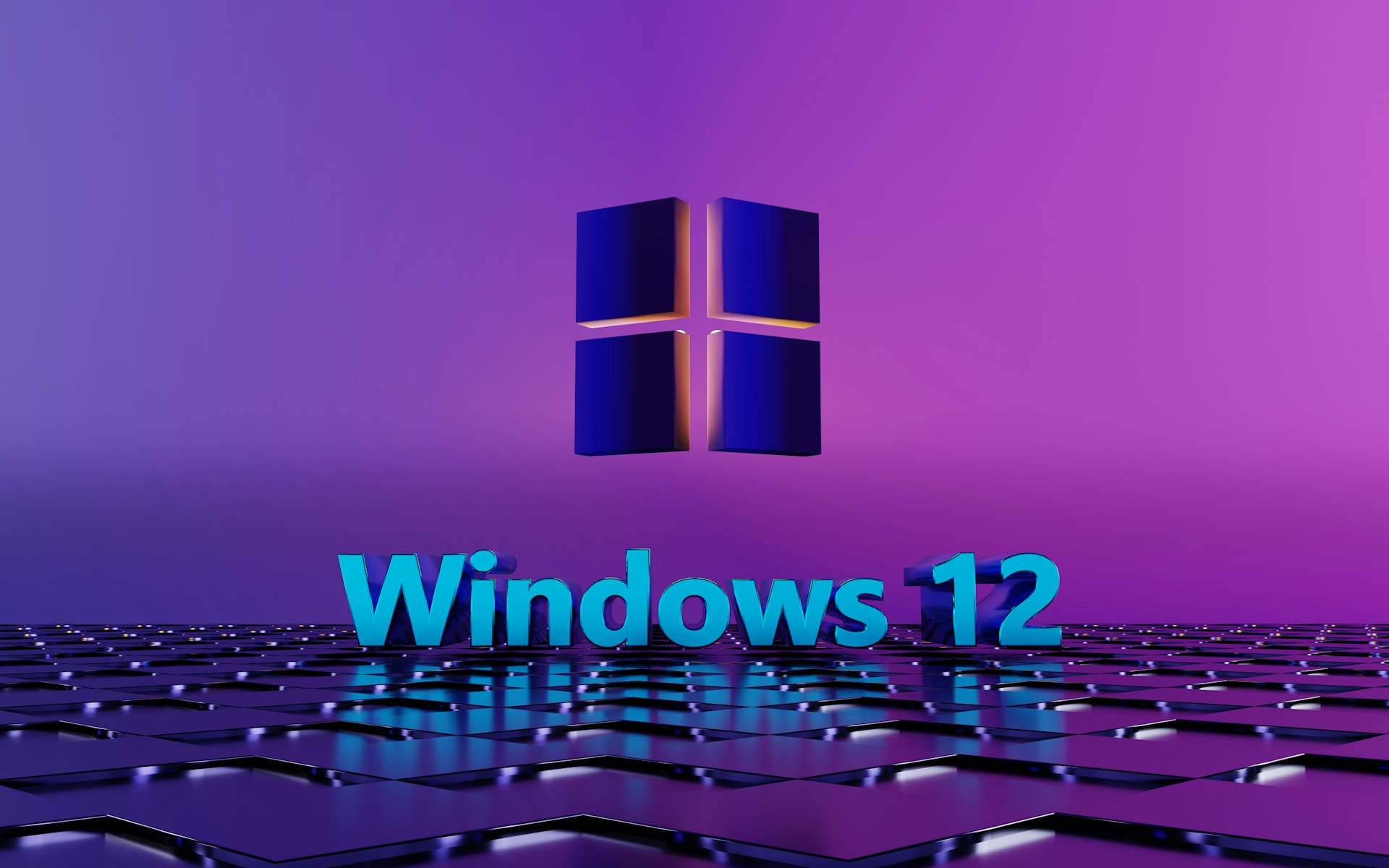How Fan-Made Mods Are Transforming Commercial Games: Innovation, Growth, and Community Impact

Photo by Seyed Amir Mohammad Tabatabaee on Unsplash
Introduction
Fan-made modifications, or mods, have become a cornerstone of the gaming landscape, offering players new ways to experience, expand, and enhance commercial games. Mods can range from simple graphical tweaks to comprehensive gameplay overhauls and even entirely new games built on existing engines. The impact of these community-driven creations extends far beyond entertainment, often fostering innovation, building communities, and transforming the commercial fortunes of major game franchises. This article explores in depth the profound and multifaceted impact of fan-made mods on commercial games, with practical guidance for studios, players, and aspiring modders alike.
How Mods Drive Innovation and Industry Growth
Fan-made mods serve as powerful engines of innovation in the gaming industry. Many of today’s most popular game genres and franchises began as mods created by passionate communities. For example, Counter-Strike originated as a mod for Valve’s Half-Life, eventually evolving into one of the most-played games on Steam, generating over $1 billion in revenue and maintaining more than one million daily active players. Similarly, Dota , which began as a custom map for Warcraft III, blossomed into a competitive esports phenomenon with hundreds of millions of dollars in prize pools, while PUBG started as a mod for Arma 3 and went on to sell 75 million copies, launching the battle royale genre into mainstream success [2] .
This pattern illustrates how mods allow for rapid, risk-tolerant experimentation with new gameplay mechanics, genres, and economies. Studios are increasingly recognizing the value in supporting modding communities, as the insights from user-generated content can directly inform future updates or entirely new game directions [1] . For developers, fostering a mod-friendly environment can be a strategic move that leads to breakthrough ideas and sustained player engagement.
Extending Game Lifespans and Expanding Audiences
Mods have a unique ability to extend the relevance and longevity of commercial games. By allowing players to create new content, fix bugs, rebalance gameplay, or even overhaul entire worlds, mods keep games fresh and engaging long after their initial release. For instance, games like Skyrim and Grand Theft Auto V remain popular years after launch due in large part to their vibrant modding communities and the vast libraries of community-created content they offer [2] .
Some developers have gone a step further by officially incorporating popular fan mods into their games. The developers of “Ark: Survival Evolved,” for example, launched an Official Mods Program, integrating community mods and expanding their availability to console players. This not only rewards creative modders but also delivers fresh experiences to a broader audience, demonstrating a mutually beneficial relationship between studios and their communities [4] .

Photo by Zhibek Bizhanova on Unsplash
Pathways from Modding to Commercial Success
For many hobbyists, modding can be a gateway to professional game development and even commercial success. Notable examples include the transformation of the “Team Fortress” mod for Quake into a standalone franchise, spawning an entire online economy of in-game cosmetic trading and influencing the design of team-based multiplayer games [1] . Modding communities often serve as incubators for talent, providing a proving ground for future game designers, artists, and programmers.
If you’re interested in pursuing a career in game development through modding, consider these steps:
- Choose a moddable game with robust editing tools and an active community. Popular examples include titles from the Elder Scrolls, Grand Theft Auto, and Source engine franchises.
- Engage with community forums and documentation. Many games have official or unofficial wikis, Discord servers, and Reddit communities where you can find tutorials and support.
- Start with small projects, such as texture swaps or minor gameplay changes, to build your skills before tackling larger overhauls or total conversions.
- Share your work on established platforms like Steam Workshop or Nexus Mods, where you can receive feedback and build a portfolio.
- Monitor for opportunities to collaborate with studios. Some developers now host modding competitions or hire standout modders for official content creation.
Challenges in the Modding Ecosystem
Despite its many benefits, the modding community faces significant challenges. Legal and copyright issues are a persistent concern, as some publishers strictly enforce their intellectual property rights. For example, Nintendo has a well-documented history of issuing cease-and-desist notices for mods involving its properties, regardless of whether they are distributed for profit [3] . Rockstar Games and Activision have also shut down mods that they believed conflicted with their own commercial plans or threatened their intellectual property [3] .
For modders, navigating these legal complexities requires caution:
- Always review the end-user license agreements (EULAs) and modding guidelines for each game.
- Avoid using or distributing copyrighted assets without permission.
- Consider releasing your work as open-source or non-commercial where appropriate, and respect takedown requests from rights holders.
If you are unsure about the legal status of a mod or project, consult the official support channels of the game’s publisher or seek advice from legal professionals specializing in intellectual property.
How to Access and Contribute to Modding Communities
Players and creators looking to get involved with mods can take several paths. Most moddable games maintain official or community-run hubs for discovering, downloading, and uploading mods. Well-established platforms such as Steam Workshop and Nexus Mods provide safe access to thousands of mods, along with tools for rating, commenting, and troubleshooting.
If you’re a player seeking new experiences:
- Identify the game you want to modify and search for its modding community. Official forums, Reddit, and Discord servers are often good starting points.
- Always back up your save files before installing mods.
- Follow installation instructions carefully, and use mod managers when available for easier updates and compatibility checks.
- Review community ratings and feedback to identify high-quality, safe mods.
If you are interested in modding yourself, look for games that offer modding toolkits or SDKs. Many companies provide documentation and tutorials to help you get started. For example, Bethesda offers a Creation Kit for Skyrim, while Epic Games provides Unreal Engine modding guides. If you have trouble finding these resources, try searching for ”
[Game Title] modding toolkit
” or visit the official support or community section of the publisher’s website.
Alternative Approaches and the Future of Modding
Not all game studios allow or encourage modding, and some may restrict or even prohibit player modifications. If a game does not support mods, you can:
- Look for spiritual successors or community-driven remakes (such as “Black Mesa” for Half-Life) that build upon the modding tradition [5] .
- Participate in forums or advocacy groups encouraging studios to adopt more open modding policies.
- Support developers that embrace user-generated content by purchasing their games or directly donating to mod authors where permitted.
As the industry evolves, more developers may recognize the mutual benefits of engaging with modding communities. The relationship between players and studios is dynamic, and continued collaboration could lead to new genres, business models, and innovations that further transform gaming.
Key Takeaways
Fan-made mods have already reshaped the gaming industry by fostering innovation, extending game lifespans, and driving commercial and creative success. Whether you are a player seeking new adventures, a creator honing your skills, or a studio aiming to build a thriving community, engaging with the world of mods offers opportunities for growth, discovery, and connection.
References
- Mod.io (2023). 10 influential mods that transformed the landscape of gaming.
- Hartmann Capital (2023). How modding fuels gaming’s growth and innovation.
- SVG (2023). Fan mods that became legit parts of the game.
- YouTube (2023). How games are ruining modding (and themselves).
- YouTube (2023). 10 fan-made video games that surpass the original.
MORE FROM findsun.net













